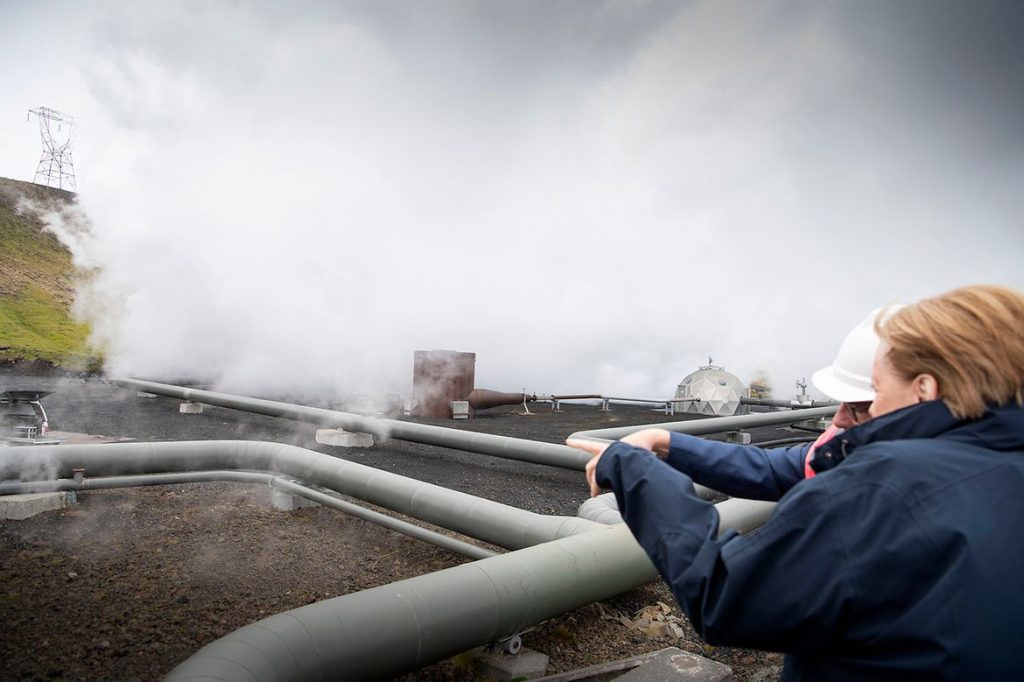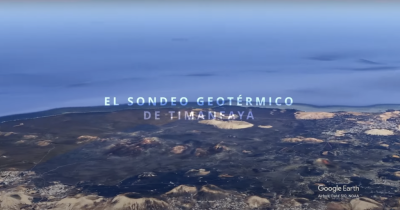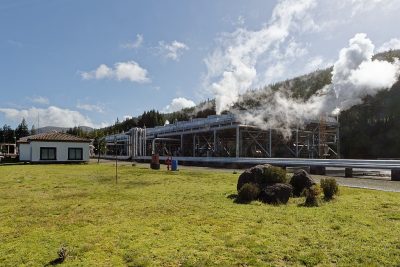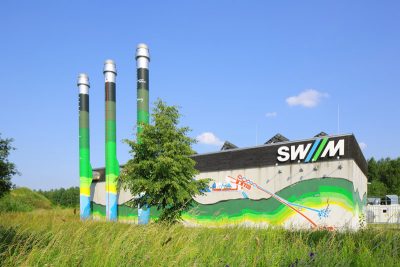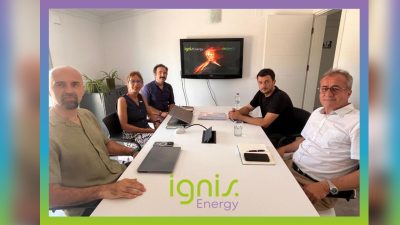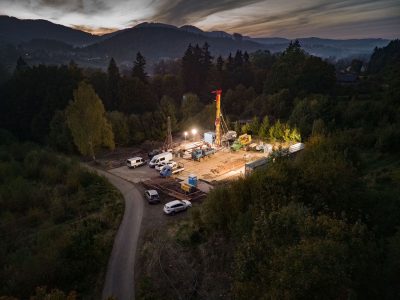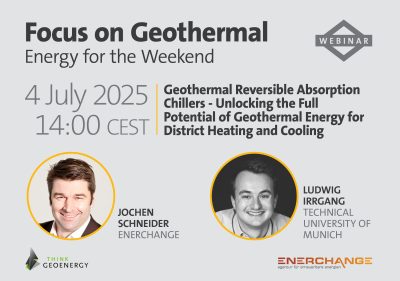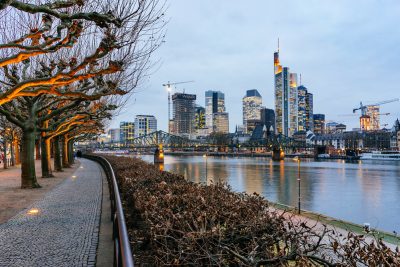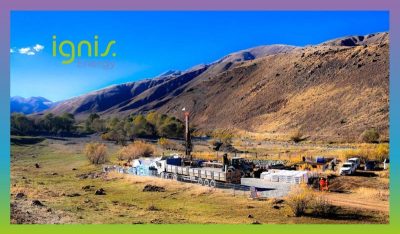German geothermal community urges greater use of geothermal potential in Germany
Following a recent visit to a geothermal plant in Iceland, the government of German Chancellor Angela Merkel is urged to make greater use of the enormous geothermal energy potential in Germany.
As part of a recent visit to meetings in Reykjavik, Iceland, German Chancellor Angela Merkel visited the geothermal power plant of Hellisheidi in Iceland. During the visit, she expressed being impressed by the use of geothermal energy in Iceland, and advocated a greater use of renewable energies. Geothermal energy can also be used efficiently in Germany. In a statement published after her visit, the President of the German Geothermal Association (Bundesverband Geothermie, BVG) President Erwin Knapek appeals to the Federal Government to make greater use of the enormous potential of geothermal energy in Germany as well.
There are already a number of successful geothermal projects in Germany. The city utility of the city of Munich (Stadtwerke München), for example, relies on deep geothermal energy for the provision of district heating and already operates five plants to supply the megacity. The city of Munich plans to produce its district heating needs completely CO2-free by 2040, mainly from deep geothermal energy. Further plants exist in the Munich surrounding area, in northern Germany and in the Upper Rhine Graben. In addition, there are already more than 390,000 near-surface geothermal plants in Germany.
In order for geothermal energy in Germany to be the engine of the warmth change, it requires some ambitious changes in the framework conditions. First of all, an exploration program is needed to improve the underground knowledge. These data should be made available to users as barrier-free as possible.
For the expansion of deep geothermal energy, existing heating grids must be further extended and rebuilt. Both heat and power projects must be protected: Deep geothermal projects are favorable in operation, but in the initial phase associated with comparatively high investment costs. These financing hurdles must be compensated for through MAP deficit guarantees and direct grants.
The expansion of near-surface geothermal energy requires a reduction in taxes and levies on electricity for heat pumps. The permit must be simplified because the use of geothermal energy is climate protection and environmental protection.
Source: German Geothermal Association
